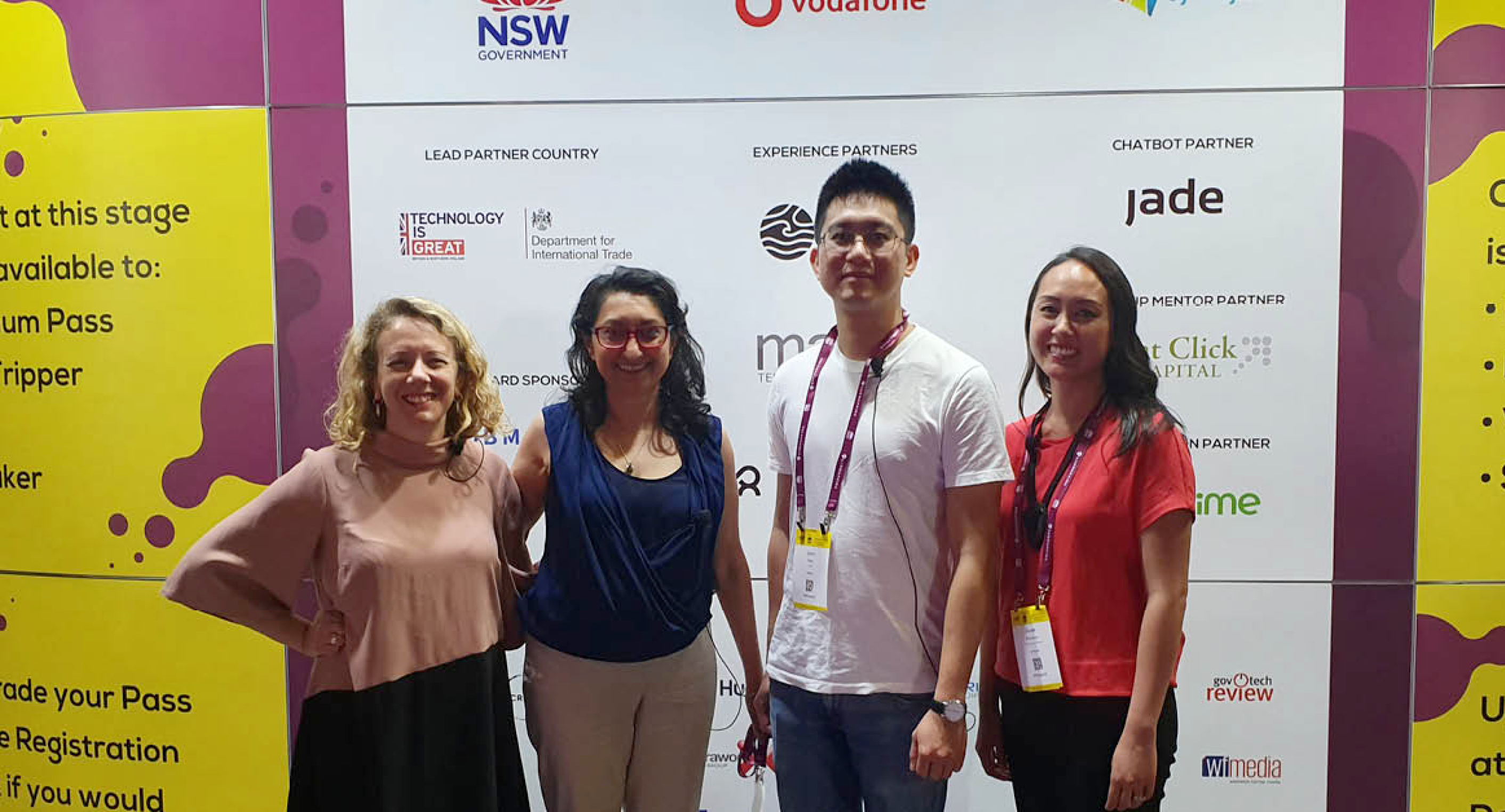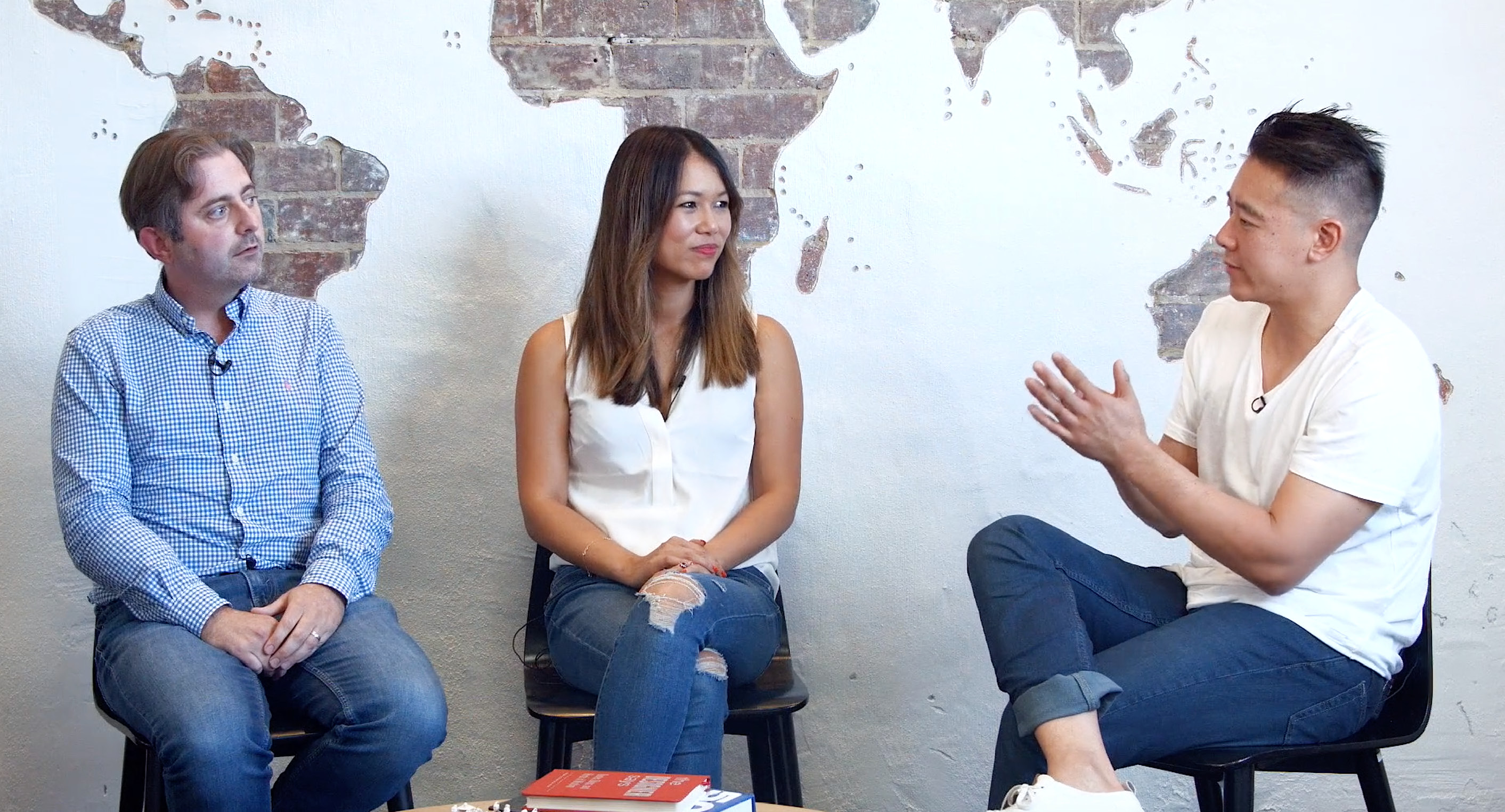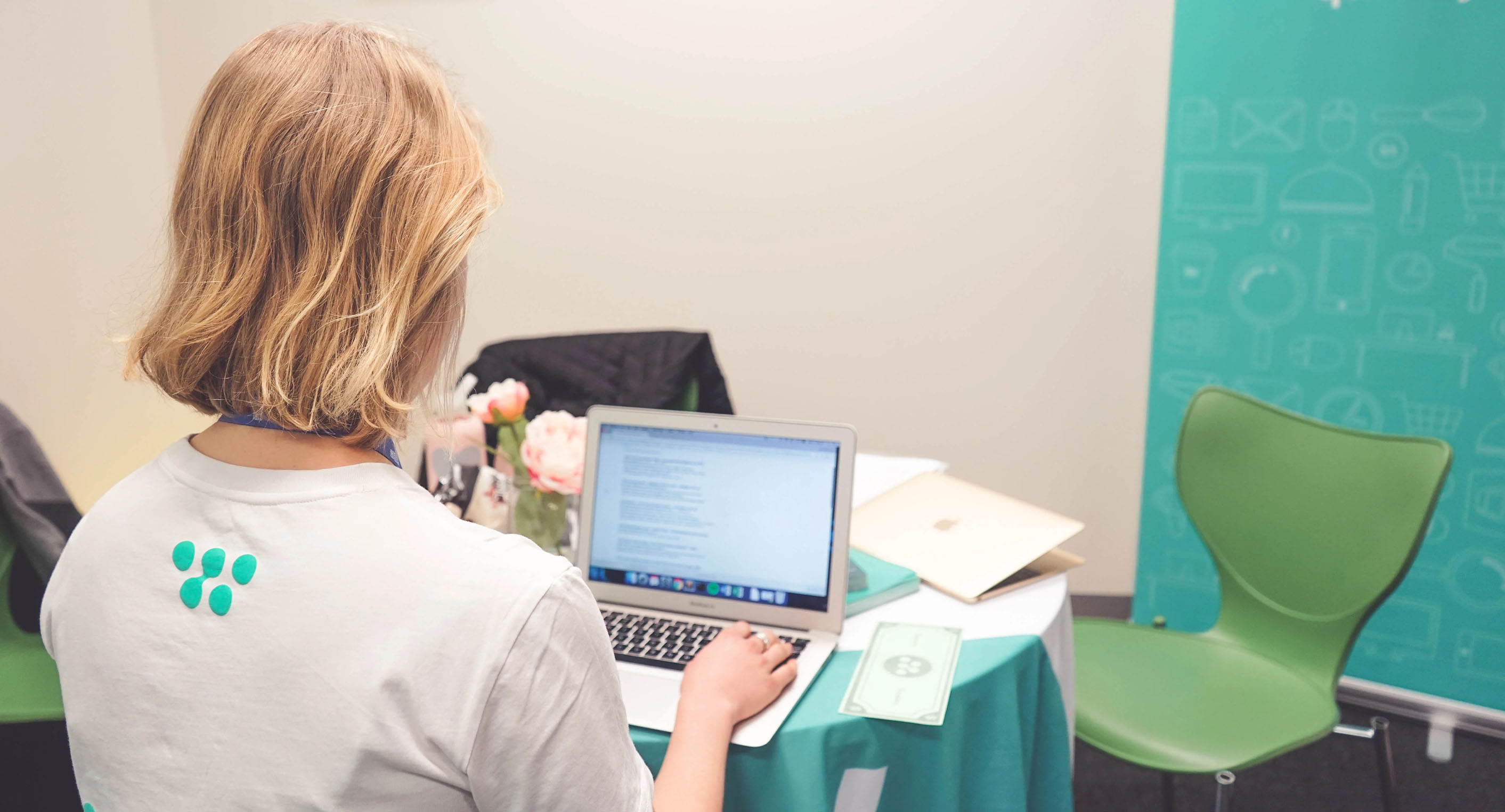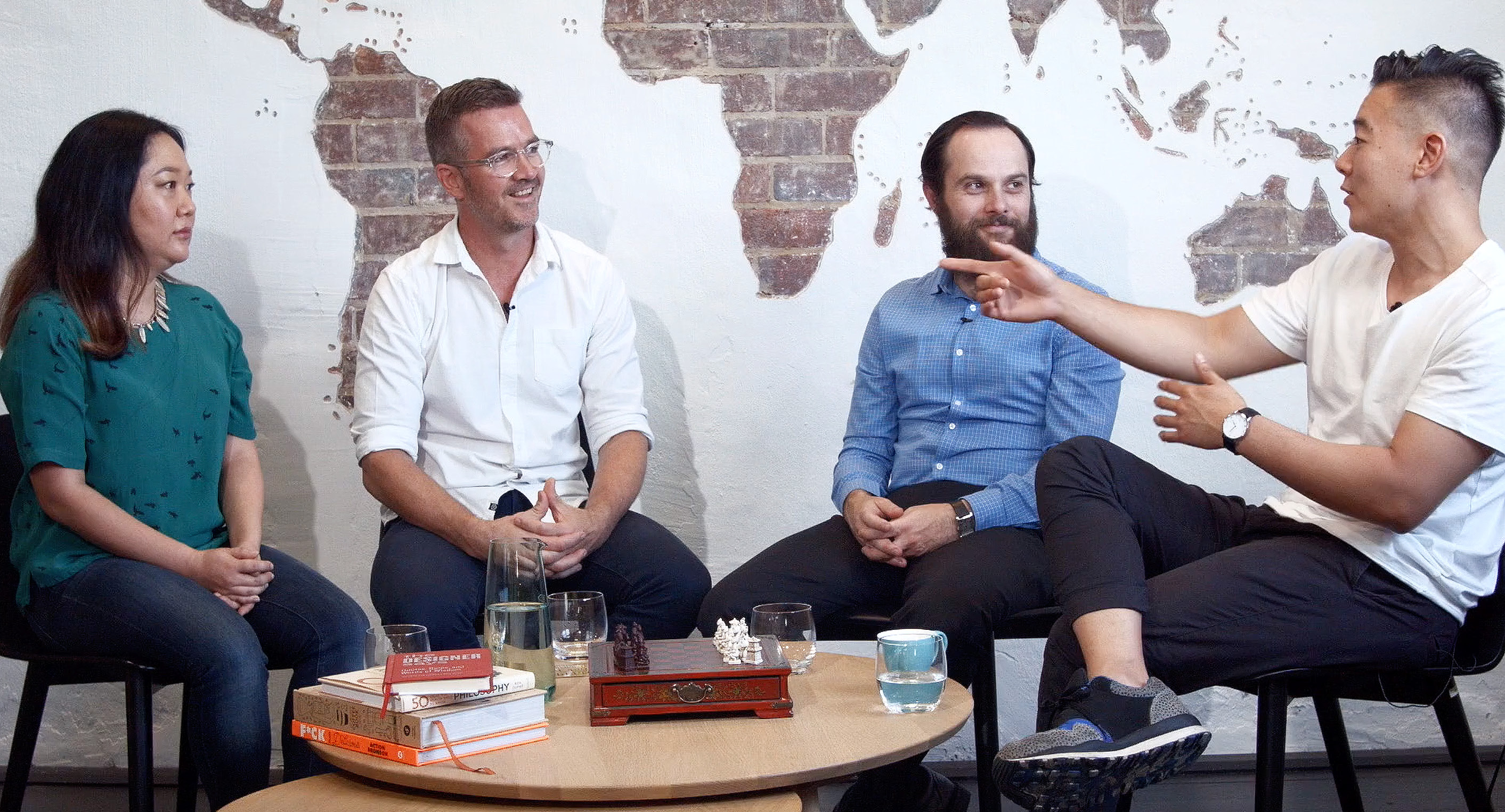CEBIT 2019: Can Tech Make us Better Humans?

How can we use the power of technology to help us reach human challenges and bridge gaps in empathy that go beyond the logistical challenges we’ve mastered so far? The discussion at this year's conference centred around what Weploy and other innovators like us have done to address challenges in relating to others’ needs and acknowledged some of the ‘red flags’ or limitations of technology in this space and how we can overcome them.
How Can Tech be Used to Overcome Major Human Challenges
The possibilities for tech with purpose are endless. It can enable greater innovation, connection, efficiency in service delivery and operations, de-bias decision-making, provide access to different markets and communities.
In the case of job matching for example, outsourcing decision-making to tech can enable individuals to access opportunities that they may never have been able to before. Students who are considered not experienced enough for certain roles, qualified people from ethnic minorities who may be subject to unconscious bias, or experienced older workers who are consistently told they’re not a ‘cultural fit’ for younger teams. HR tech helps to provide a democratic platform for job seekers to be considered with equal opportunity.
Automation: an Enabler or a Threat to Enriching Our Lives?
Manisha Amin, CEO of The Centre for Inclusive Design pointed out that the commonly held beliefs about AI and automation are a little reductionist. Automation is certainly removing some of the more administrative or repetitive tasks from our jobs, to make room for more strategic or ‘higher level’ thinking. But with that comes the fear that automation is also removing our ‘downtime’ and causing pressure for us to be constantly connected and engaged. In reality, the impact of automation is a lot more complex.
Tech To Connect Human to Human
There is an interesting dichotomy between connecting and alienating communities when it comes to tech. Deep, rich and meaningful connections are made possible now more than ever before thanks to technological advancement. Everyday, WhatsApp chats with friends all over the world for example, or video calls with relatives that help to maintain meaningful relationships.
It can be used to provide safety, comfort and support for people who are otherwise alienated or estranged with access to Facebook communities, meet-ups and groups for like-minded people. But on the flipside, heightened connectivity can become dangerous if left unregulated.
Protecting Ourselves from Hyper-Connectivity
Whilst having an increased visibility into larger social issues and global causes that may not have been considered previously can only be a good thing, there are plenty of red flags to watch out for too. Aivee Robinson, the founder of Catalyser warned of the danger of ‘Social Echo Chambers’. The sheer volumes of erroneous content for public consumption can ensnare susceptible users into ‘digital ‘bubbles’ of interest that support their internalised beliefs systems, whether accurate or not. This can lead to potentially catastrophic collective misremembering, The Mandela Effect is one such example. Hyper-connectivity for some people is not always desirable - for example HR Tech provides a layer of protection between the potentially damaging relationship between Employer/Employee. For the Weployees on our platform, our technology shields them from having to go for interview after interview. So, for them ‘reduced connectivity’ (i.e. fewer interviews) is a benefit.
Strategies to Ensure Inclusivity is Front of Mind
Whilst it is certainly true that ‘Tech can Make us Better Humans’ it is clear that better regulation and clearer strategies must be laid down in order to help us ensure we are harnessing the power of tech in a safe, inclusive and democratic way. Amin referenced the story of OXO, the American utensil manufacturer that was founded by Sam Farber when he saw his wife Betsey having trouble holding her vegetable peeler due to arthritis. The couple saw an opportunity to create more thoughtfully designed utensils that would benefit everyone, with or without arthritis - and the success of OXO’s iconic Good Grips Handles is testament to the power of inclusive design. The design, creation and ideation of new technologies should be no different.

TONY: What does the future of work mean to you?
RUBY: The future of work basically comes down to freedom of choice and flexibility. It’s actually this whole new unlocked generation where people should feel free to set up their working lives to suit them. I think it rolls into the gig economy, being able to represent different employer brands, and it being actually quite normal. It gives us, as individuals, freedom of choice in how we want to work and who we want to work for.


TONY: We’ve grown our team substantially at Weploy, from three to 25, and culture is starting to become a big topic. As the senior leadership team, we are trying to figure out what kind of culture we want. Can we influence that? Or is that organic? I’d love to know, what does culture mean to you?
Streamline your hiring
Business support staff with no hidden fees. Start hiring anytime.
